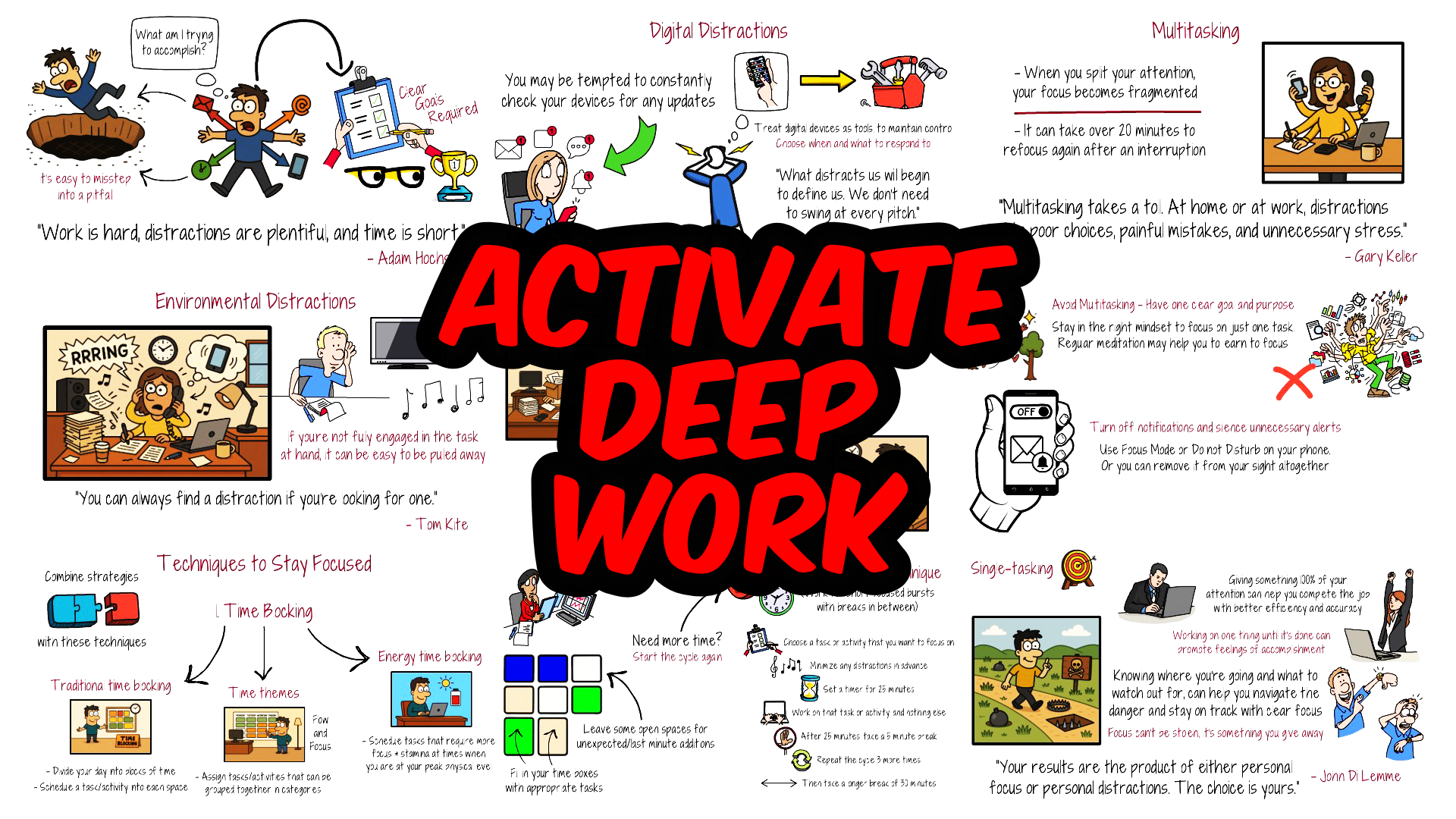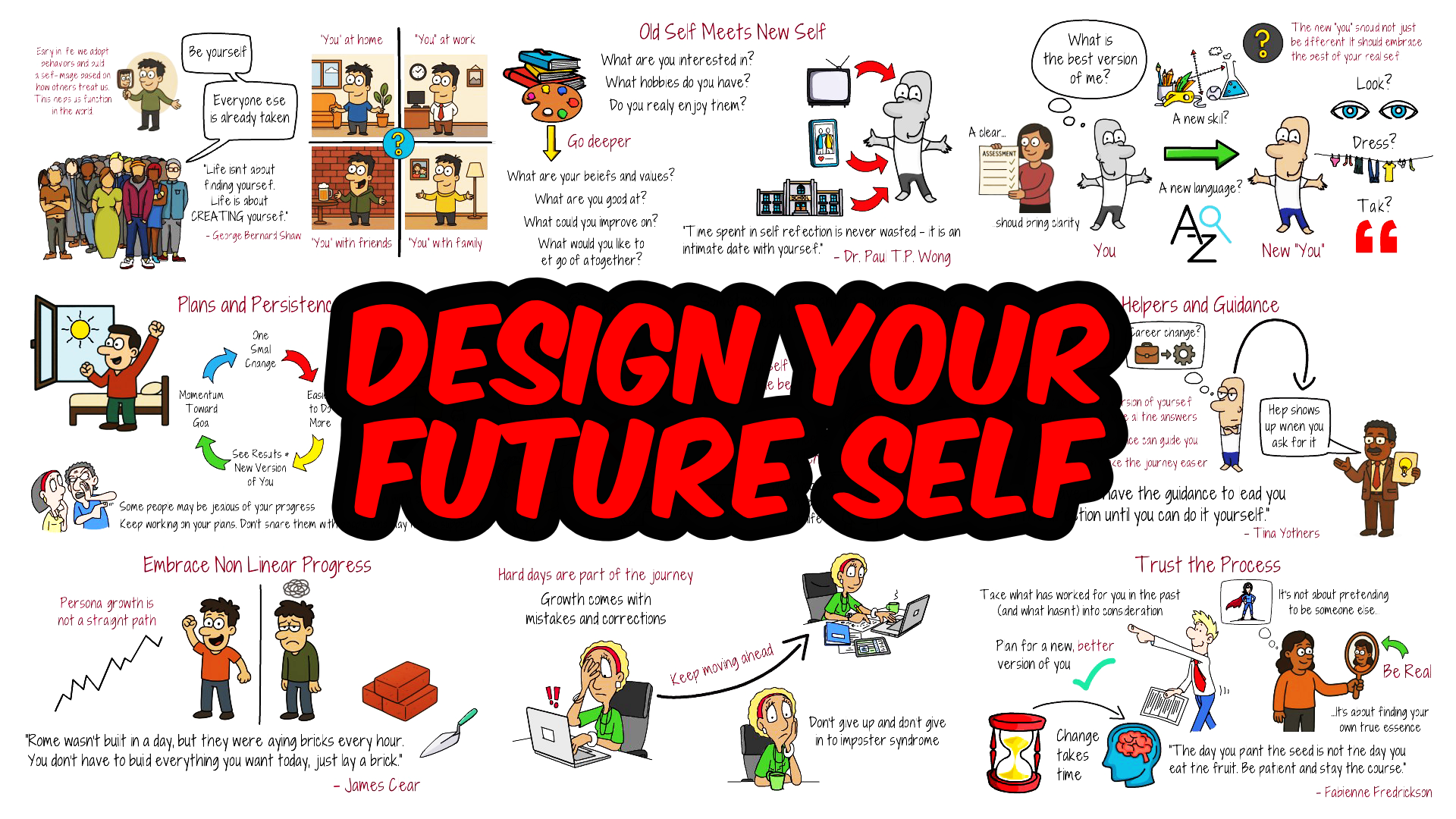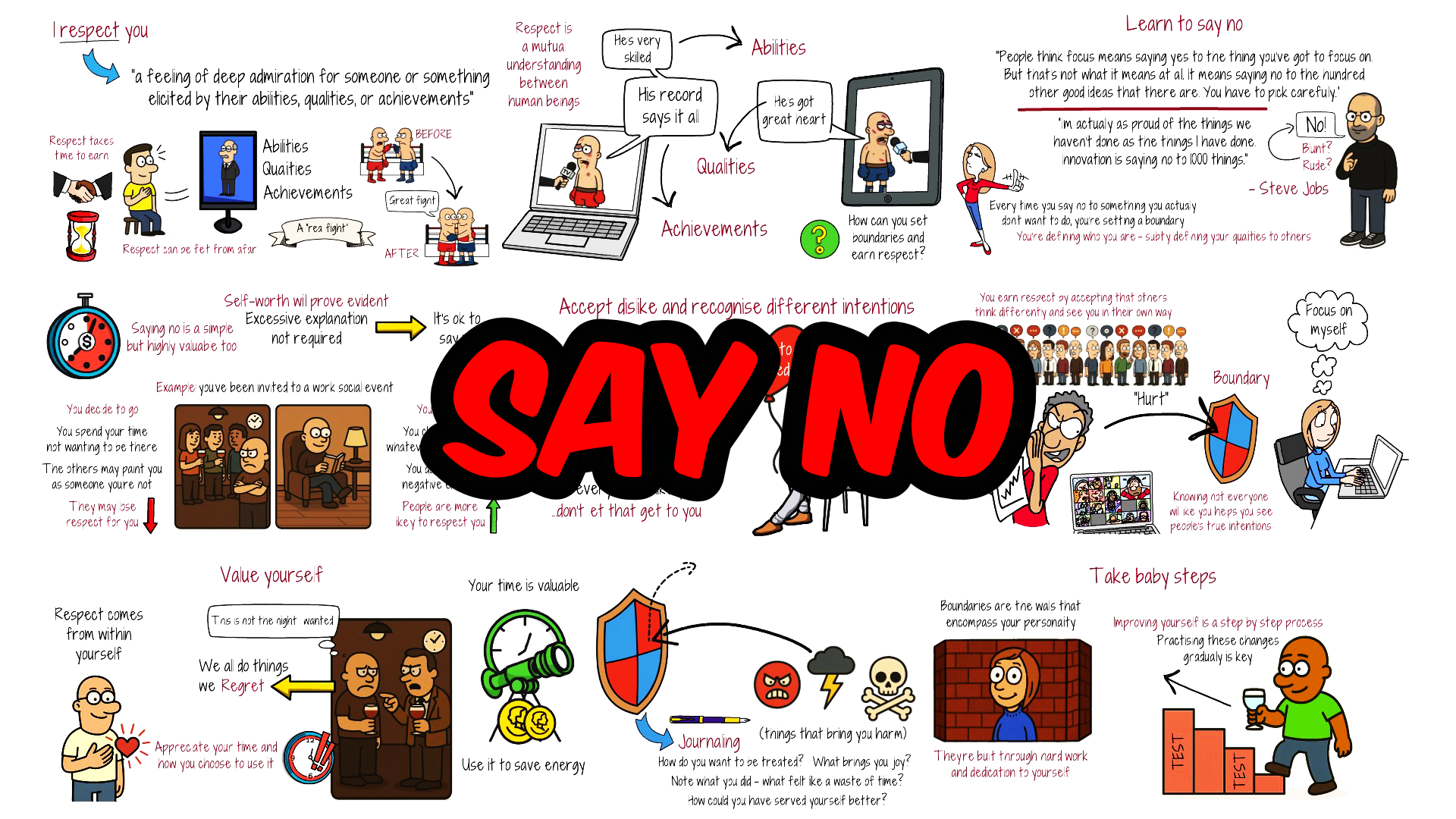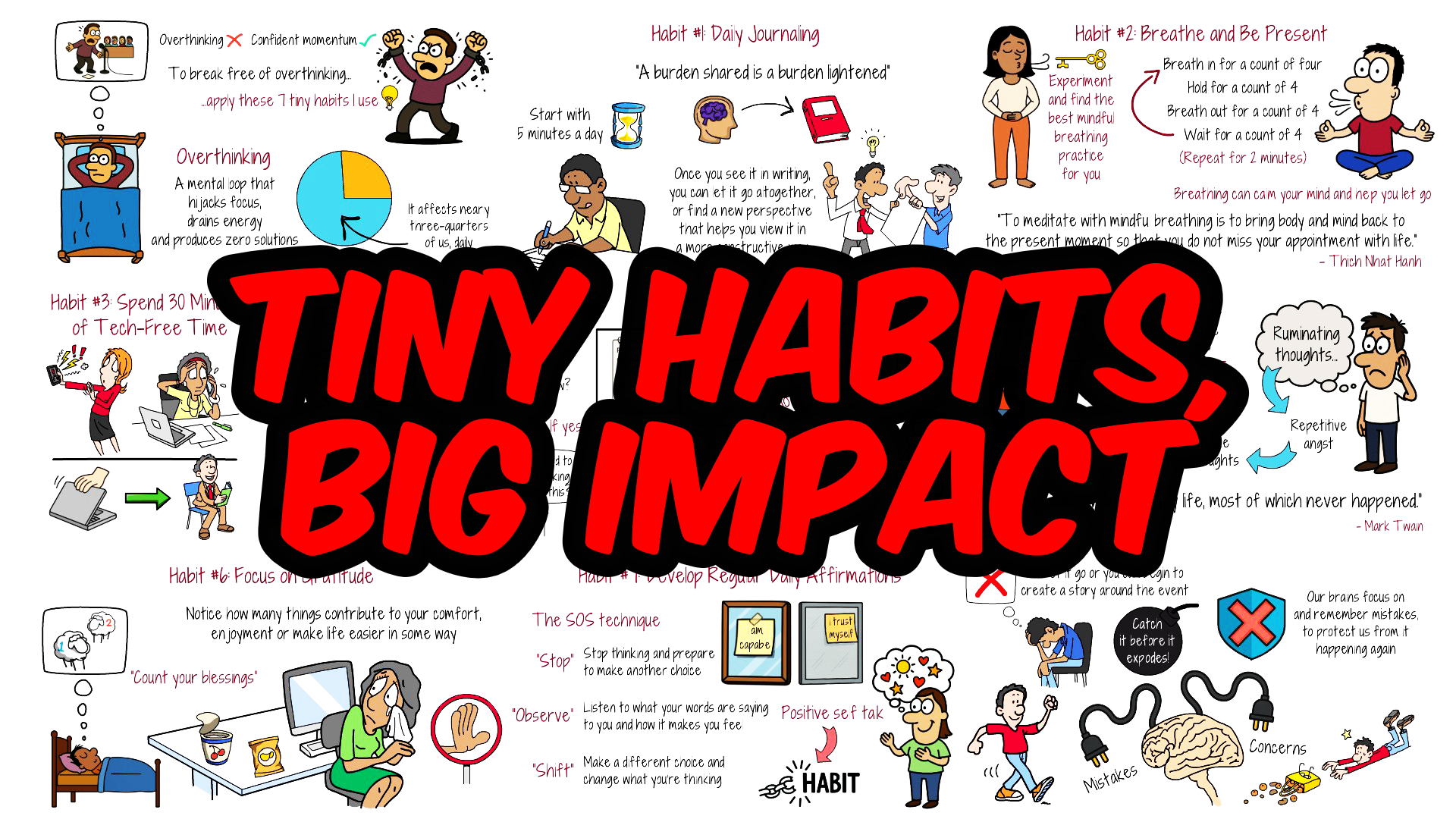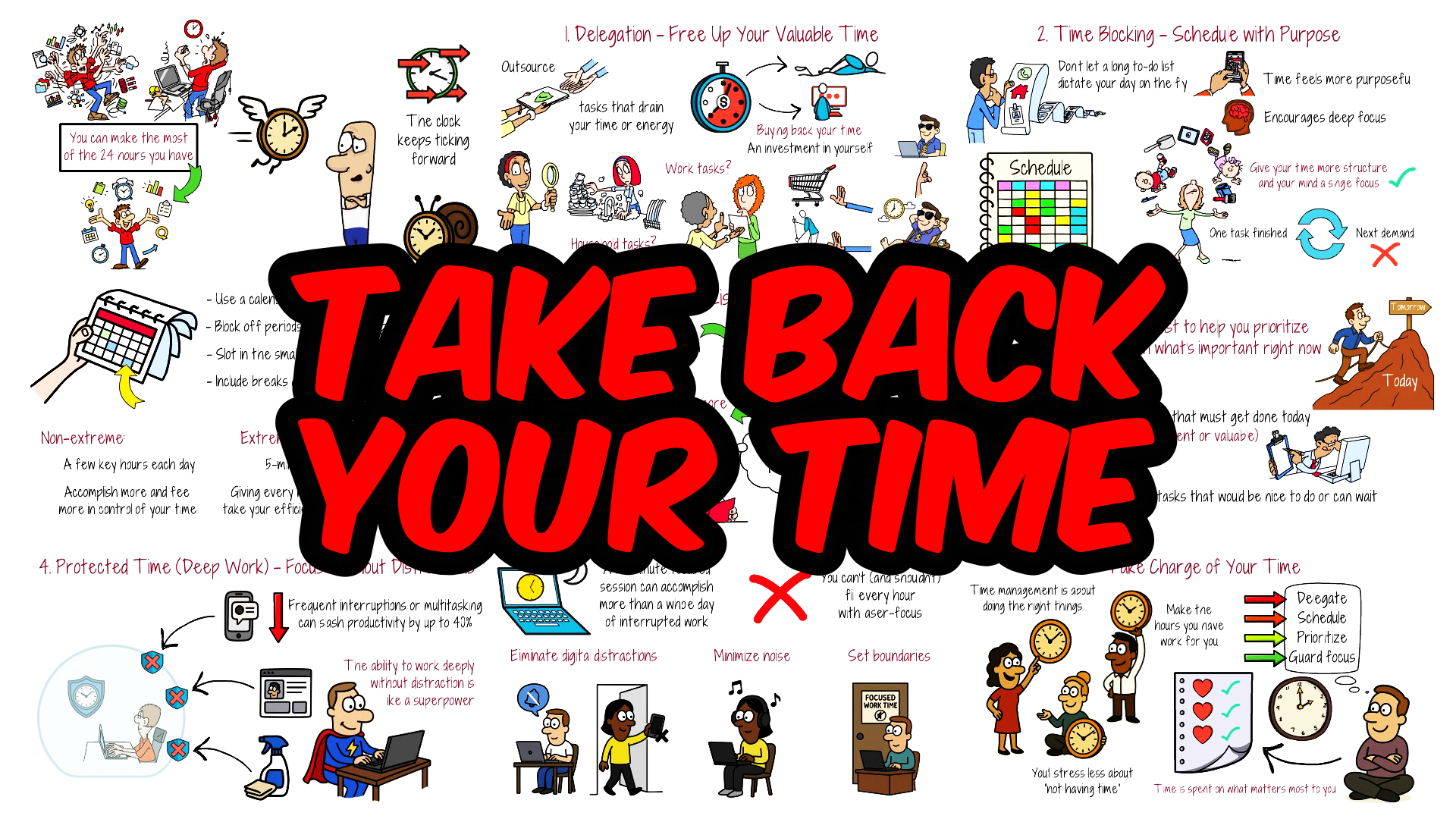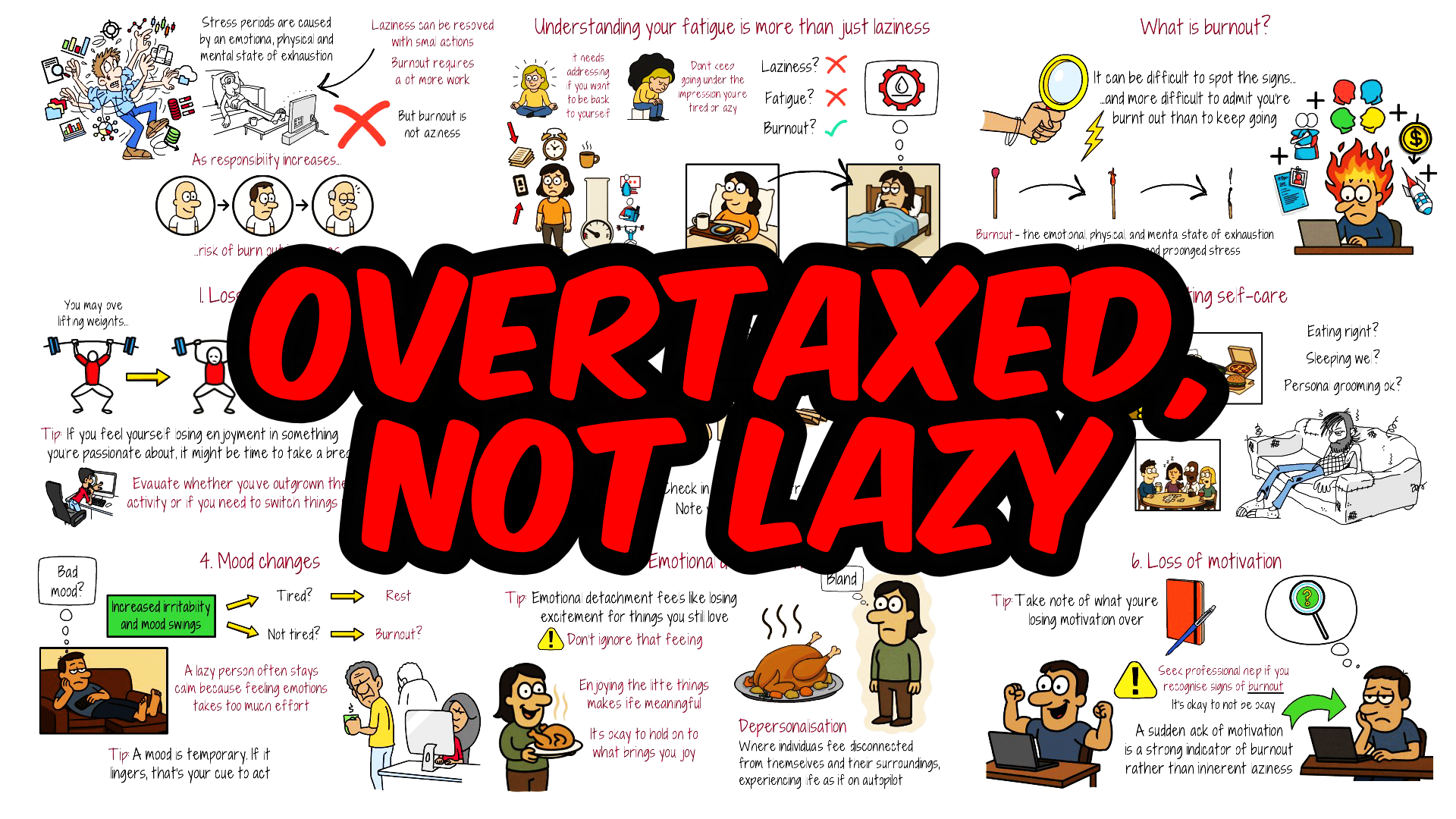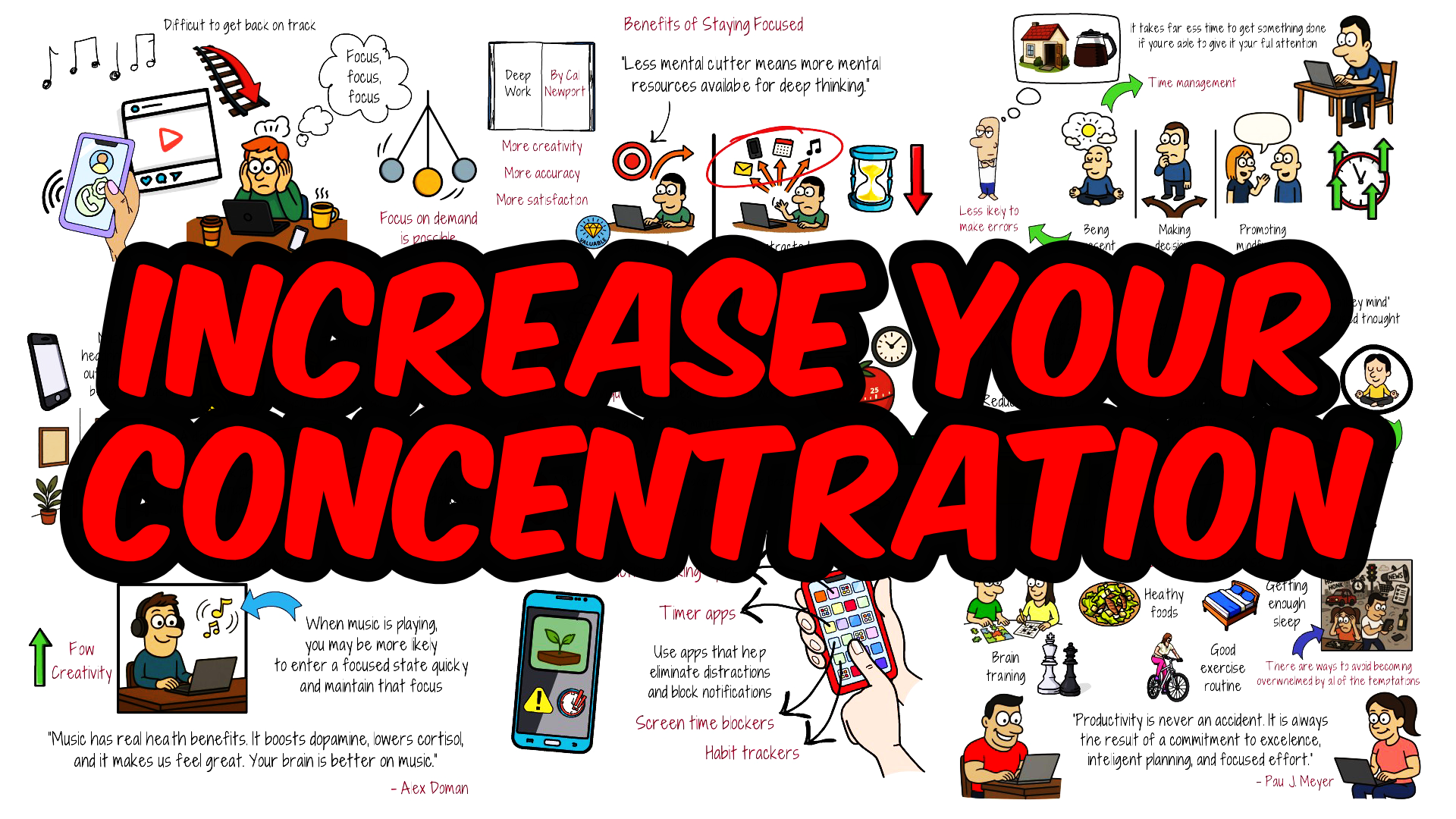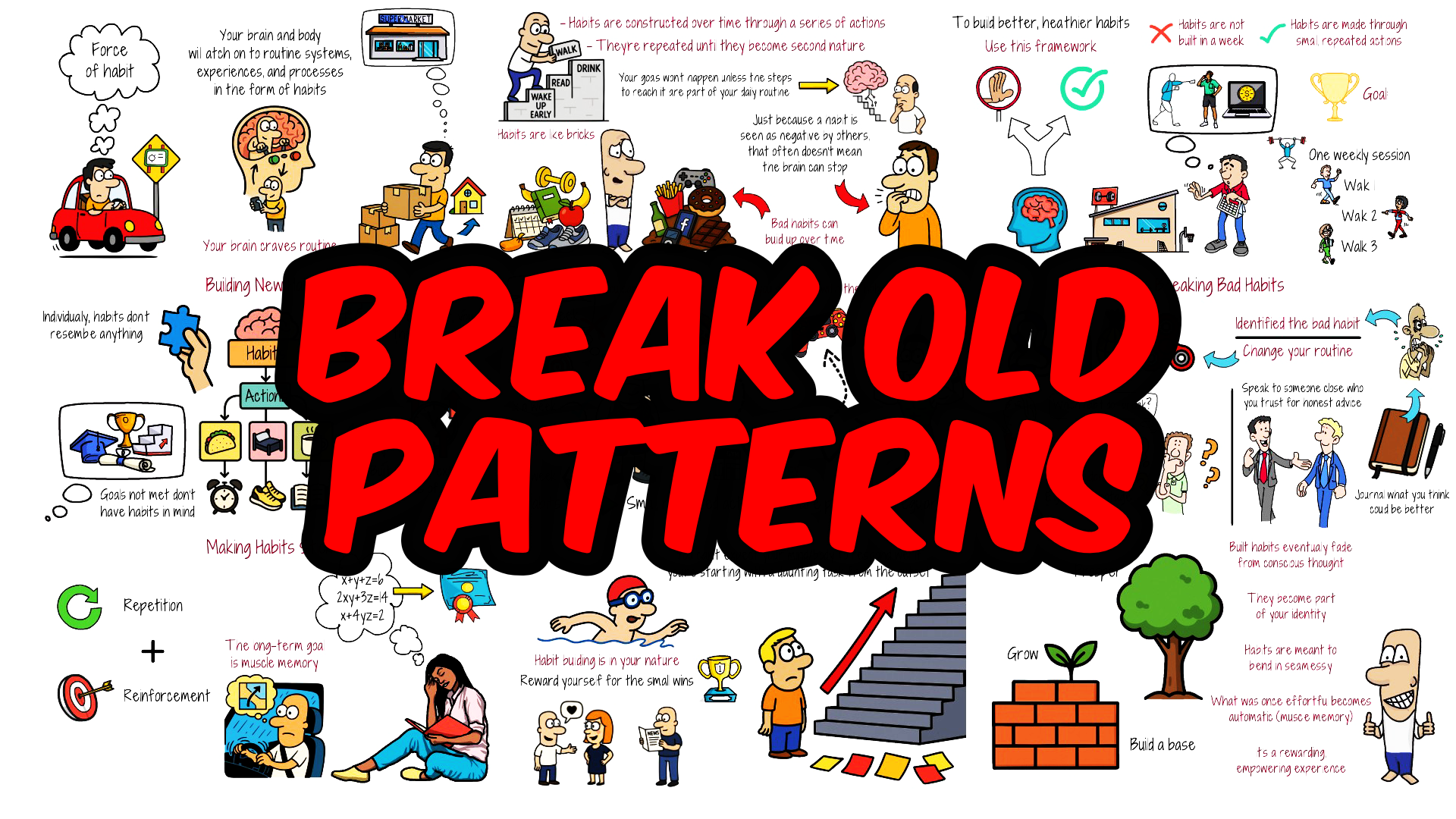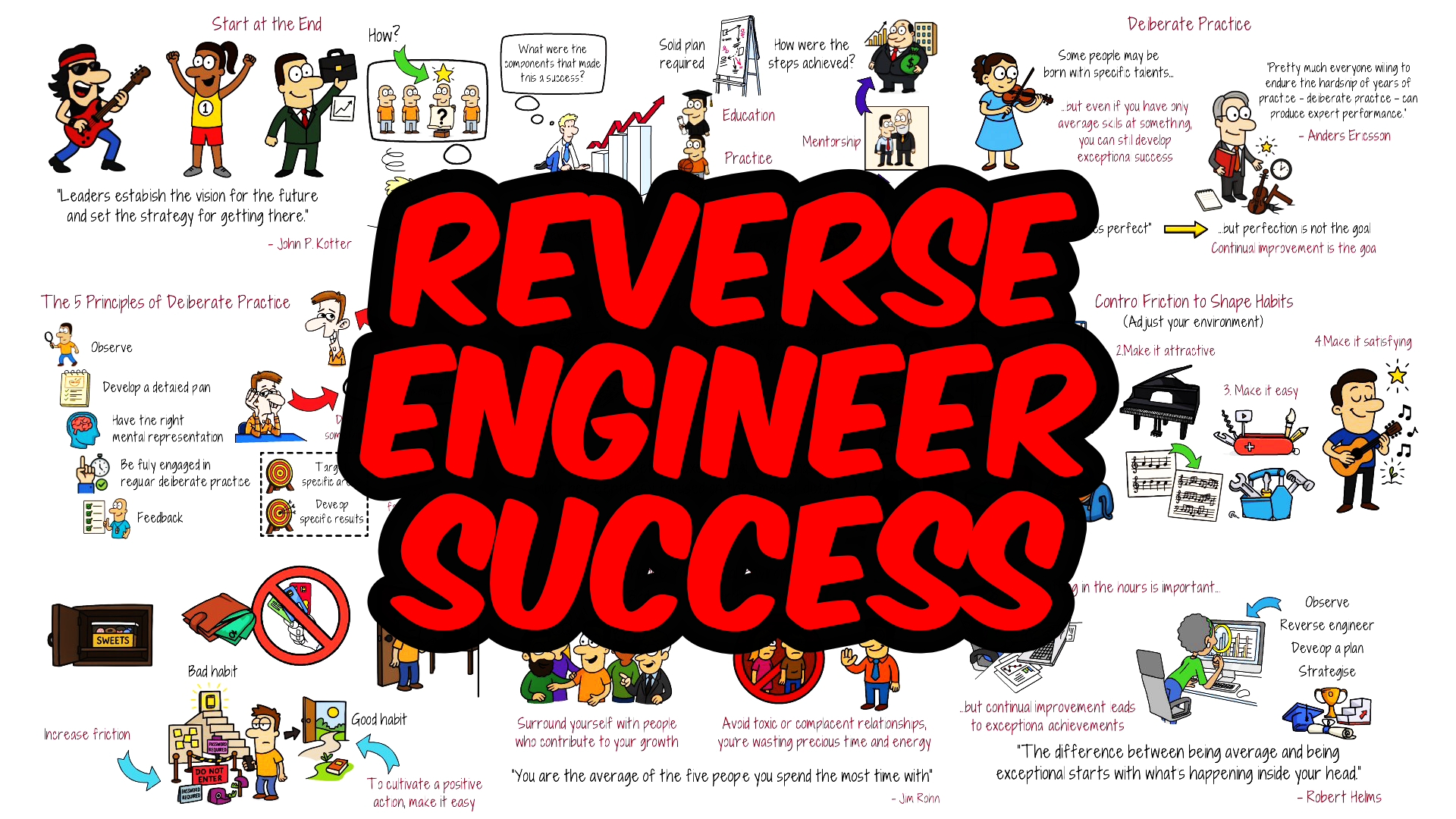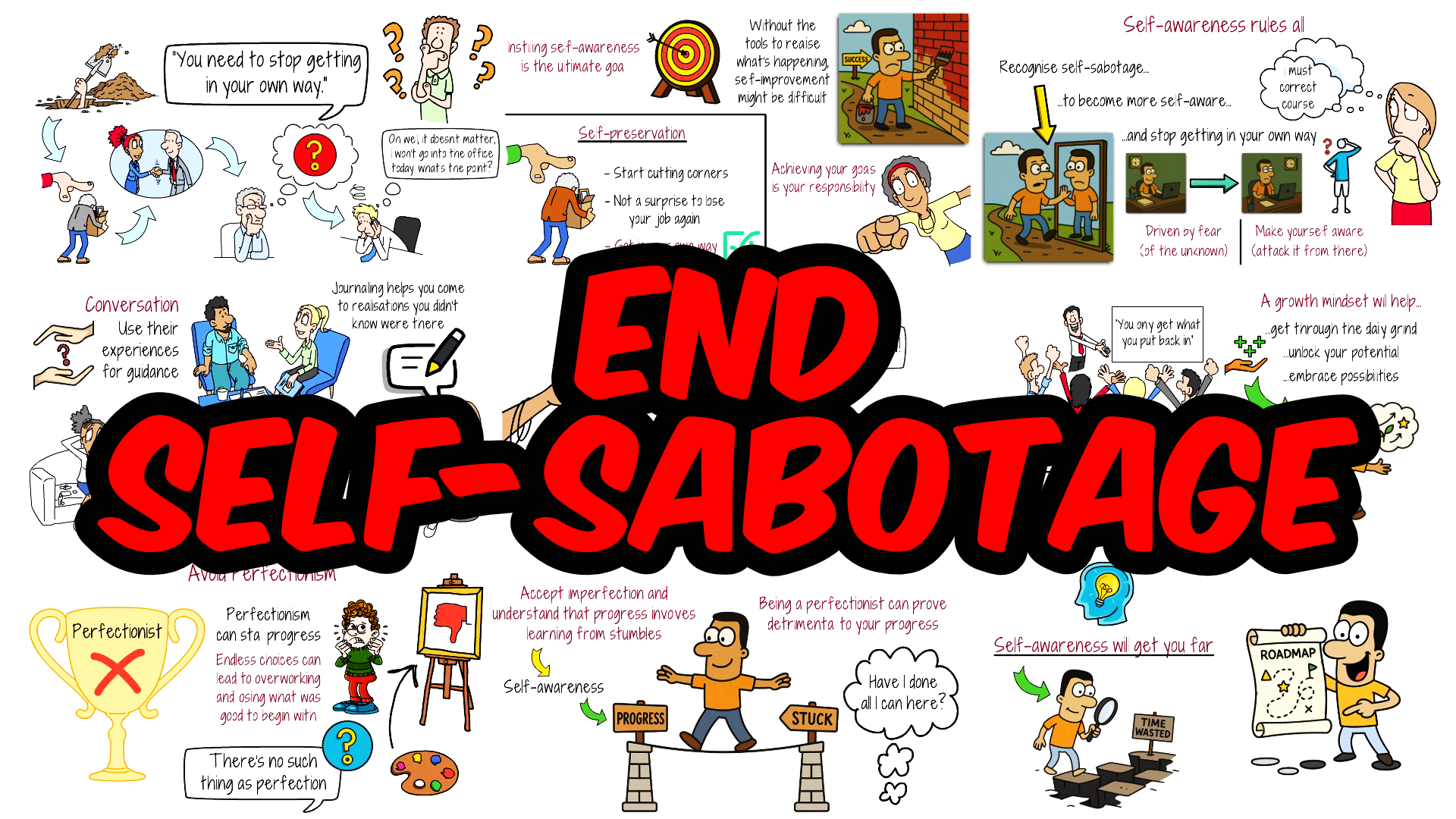“Work is hard, distractions are plentiful, and time is short”, wrote Author Adam Hochschild.
In today’s world, there is so much pulling us in every direction, making it hard to focus. Other obligations, entertainment, and interruptions of all kinds can grab our attention away from our intended task. With too many things to think about, it can be easy to lose track of what you’re really trying to accomplish.
